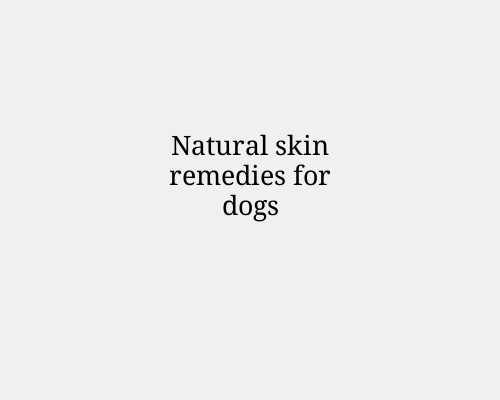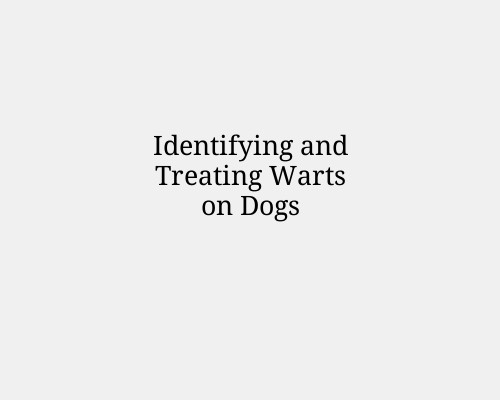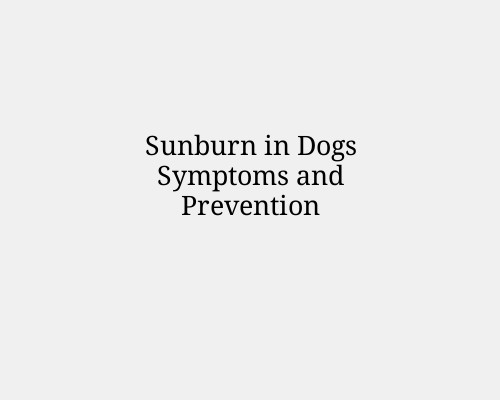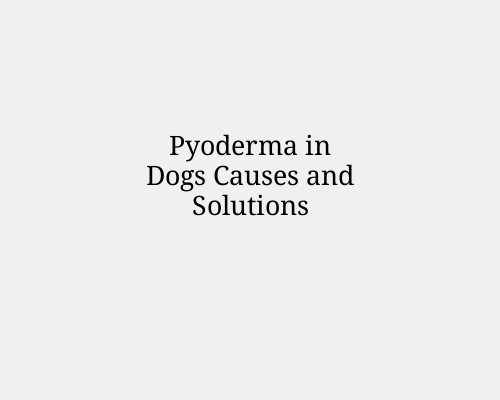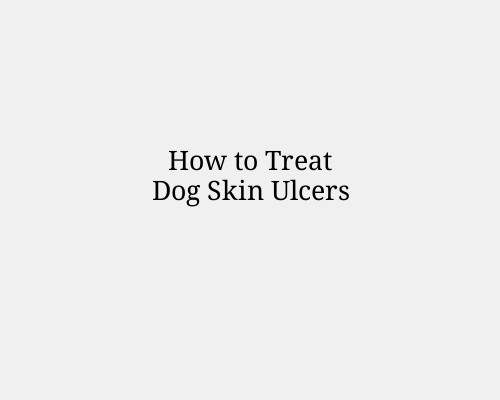Natural skin remedies for dogs
Natural skin remedies for dogs
Here’s a breakdown of natural remedies for common dog skin conditions. Each remedy targets specific issues like itchiness, dryness, hot spots, and allergies.
Always consult with a veterinarian before trying new treatments.
Oatmeal Baths
Soothing for itchiness and dry skin.
Colloidal oatmeal can help relieve inflammation and restore moisture.
Coconut Oil
Antibacterial and antifungal properties.
Apply directly to affected areas or add a small amount to their food.
Aloe Vera Gel
Natural anti-inflammatory.
Use fresh aloe (avoid the latex part of the plant) for burns, cuts, or hot spots.
Apple Cider Vinegar
Antiseptic and antifungal.
Dilute with water (1:1) and spray on skin or use as a rinse for itchy skin.
Chamomile Tea Rinse
Reduces redness and inflammation.
Brew tea, let it cool, and use it as a soothing rinse.
Epsom Salt Soaks
Helps with wounds and infections.
Soak affected paws or skin for 5-10 minutes in a solution of Epsom salt and warm water.
Calendula
Promotes healing and reduces irritation.
Use calendula creams or teas as a topical application.
Fish Oil Supplements
Rich in omega-3 fatty acids for reducing skin inflammation.
Add high-quality fish oil to their diet.
Baking Soda Paste
Great for insect bites or hot spots.
Mix baking soda with water to form a paste and apply to irritated areas.
Honey (Raw, Unprocessed)
Natural antimicrobial properties.
Apply a thin layer to cuts or wounds to promote healing and reduce infection risk.
Turmeric Paste
Anti-inflammatory and antimicrobial.
Mix with coconut oil to create a paste for minor skin issues.
Neem Oil
Repels parasites and soothes irritation.
Dilute and apply sparingly to hot spots or inflamed skin.
Precautions:
Avoid harsh or undiluted applications, especially with sensitive skin.
Monitor your dog for any allergic reactions or worsening symptoms.
Always check for underlying causes like allergies, parasites, or infections before relying solely on home remedies.
Natural remedies can be effective, but they’re best used alongside professional veterinary care!

